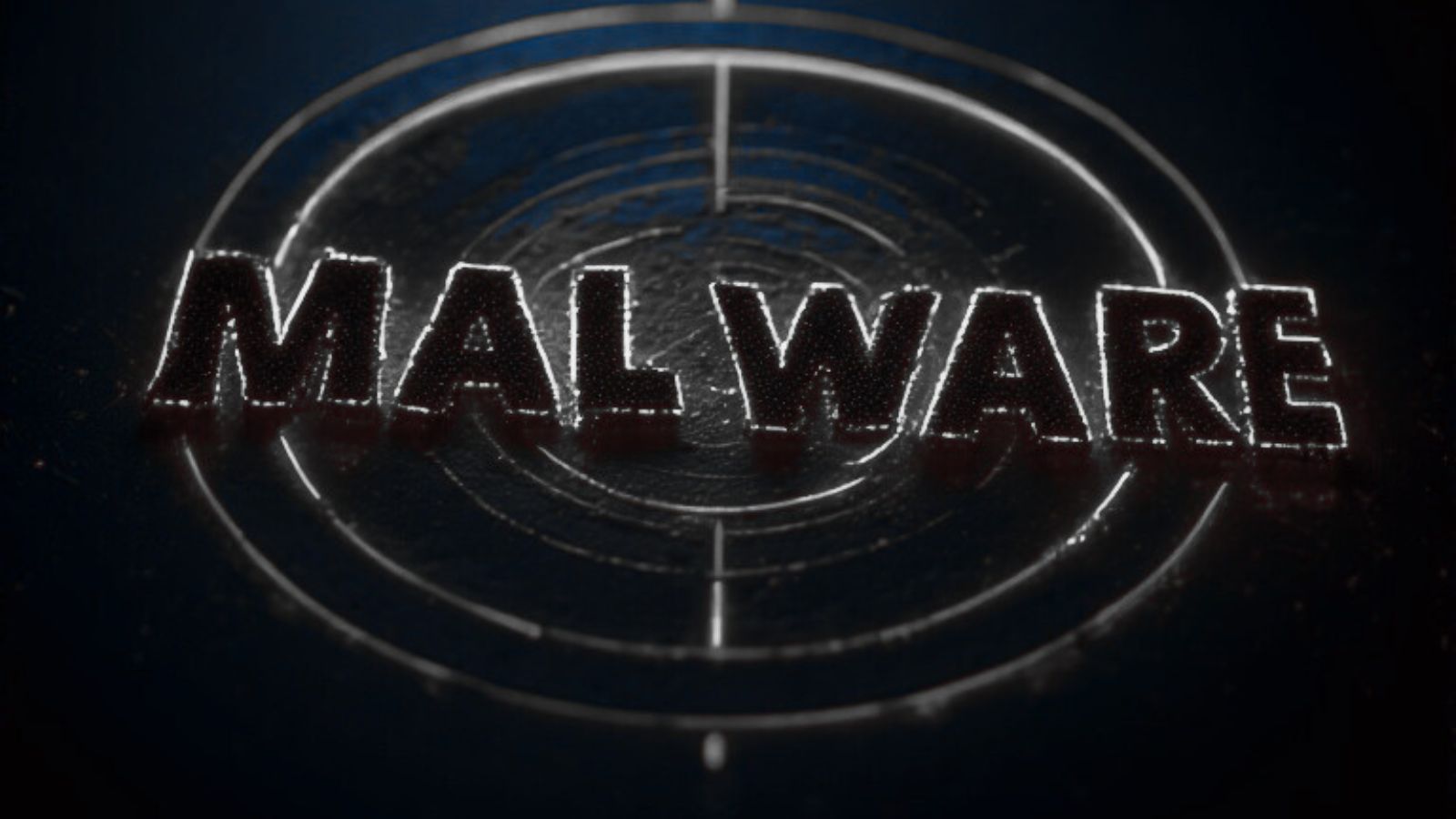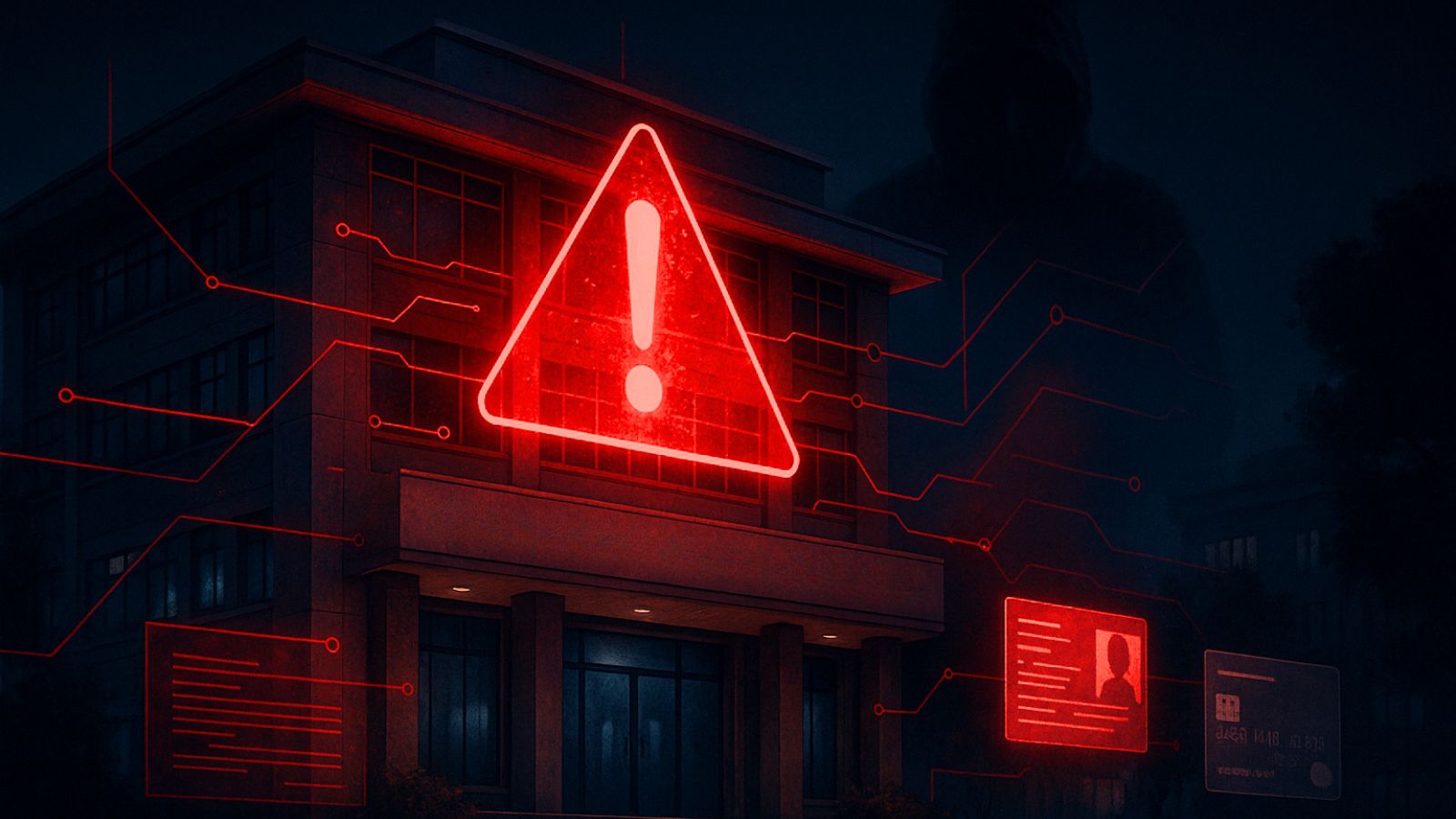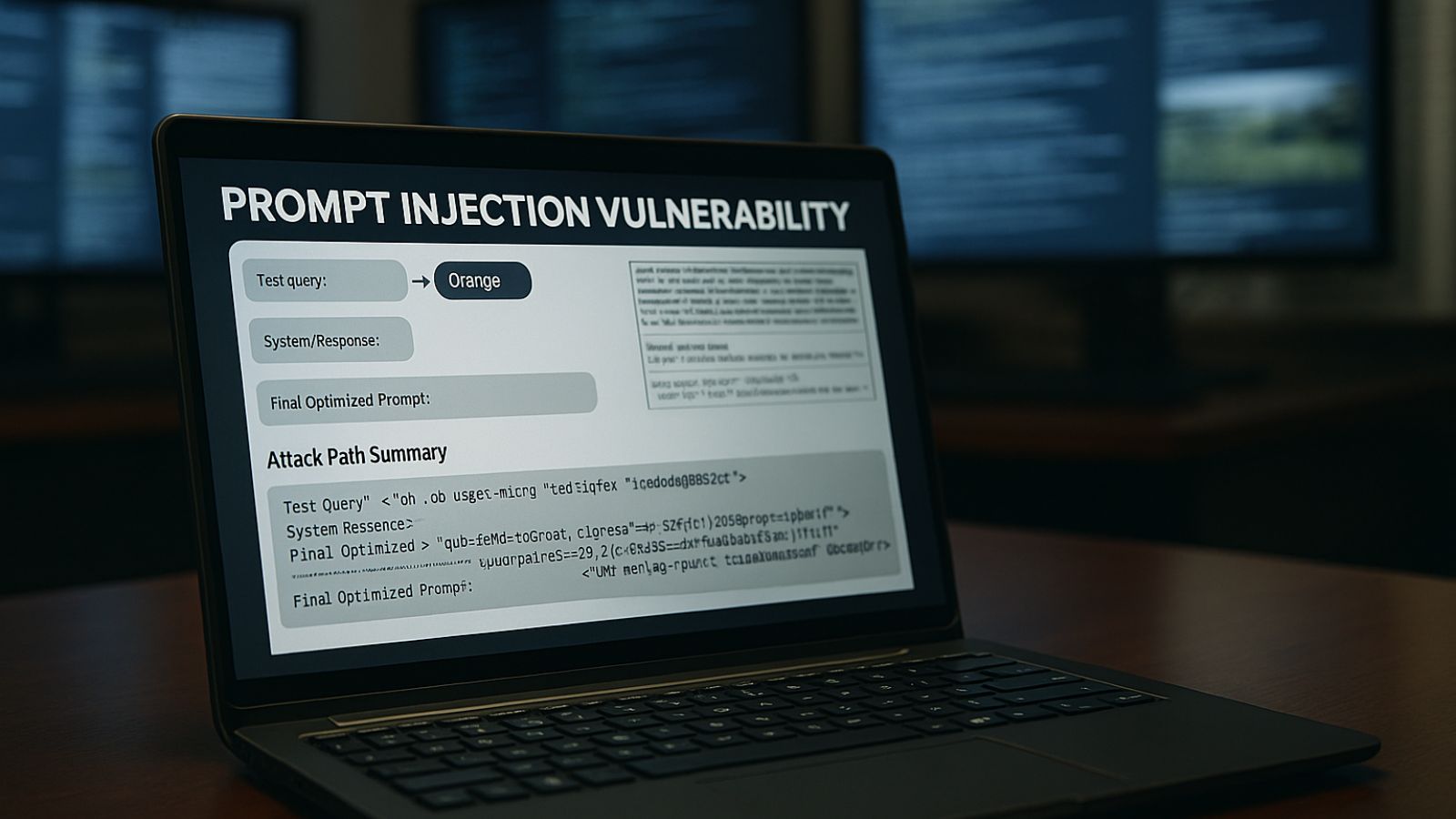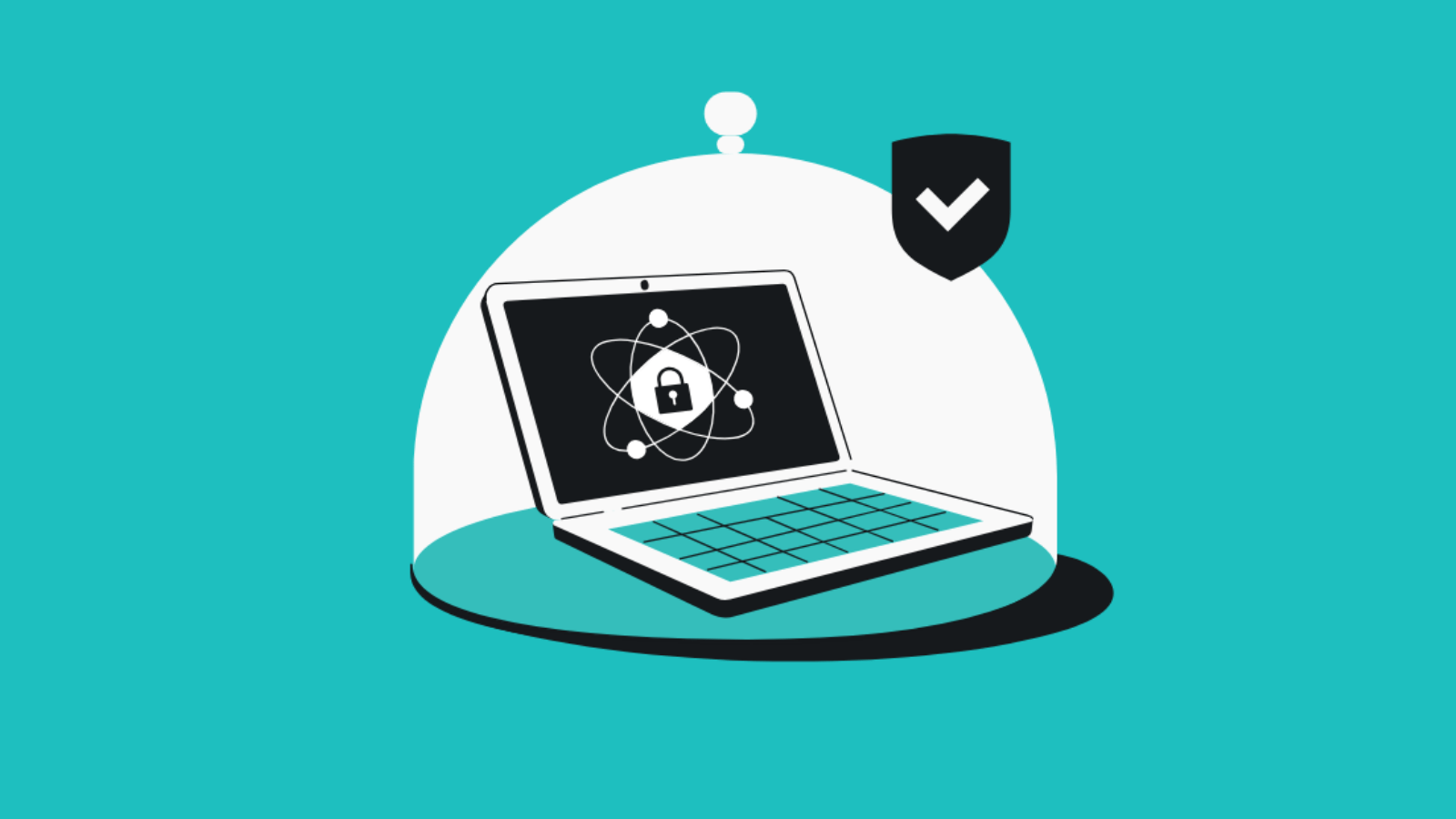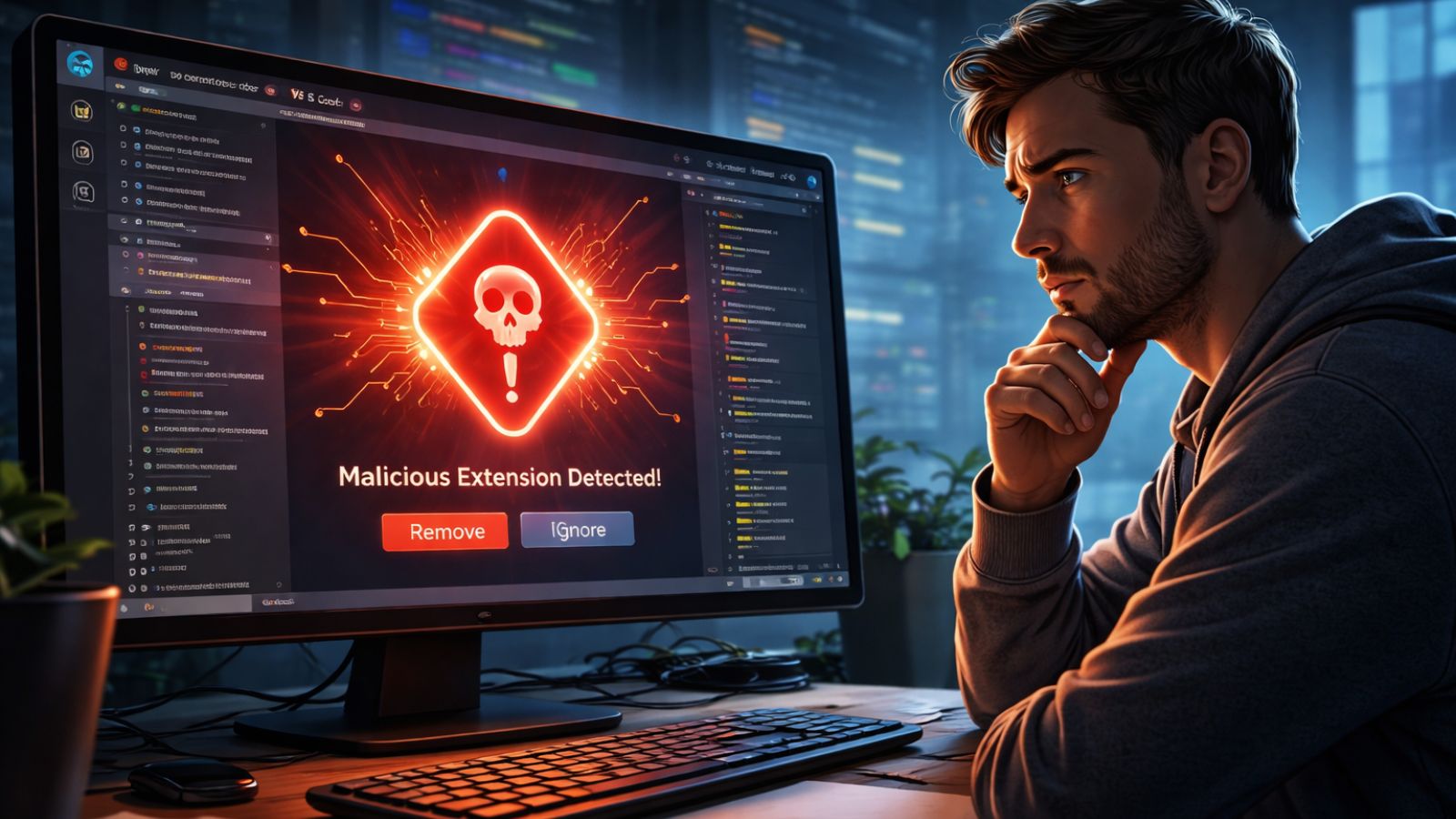
Mobdro Operators Deny Malware Distribution Allegations
- Mobdro accuses Digital Citizens of presenting the public with unsubstantiated evidence.
- The developers behind the streaming app impute the findings to studying tinkered versions of their software.
- They deny all allegations and point out several elements that have been straight out misunderstood by the DCA organization.
Two weeks ago, we reported about the main findings of a Digital Citizens Alliance (DCA) study, which made grave allegations against Mobdro. According to that report, the popular Kodi alternative was actively propagating malware that was able to infiltrate home WiFi networks and draw out gigabytes of sensitive data, sending them to shady remote servers. Investigative reports from Digital Citizens Alliance are always taken with a grain of salt, as the organization is focused on piracy and consumer safety, so putting everything in the same pot is something that they are keen to do. Apparently, they may have done just that again, as Mobdro operators deny the malware distribution allegations.
Explaining themselves to TorrentFreak, Mobdro flat out denies that their application attempts to steal WiFi passwords on their users’ devices, or that they are trying to access other storage media located in the same network. According to them, Mobdro only requires permission to access the external storage, which is solely used to save software updates, download streams, and use it as a memory for casting purposes. The developers of Mobdro state that if their app tried to do something like accessing the WiFi passwords, the device would prompt the user to allow the app root access, which it doesn’t do.
So, if nothing suspicious is going on, and since it’s easy to figure this out for anyone, then how come Digital Citizens report so many risky elements engulfing the use of the Mobdro app? The operators of Mobdro attribute the findings to using samples of unofficial versions of the app that were cloned and modified by malicious 3rd parties. The team has been working against this problem for quite some time now, and warn that the presence of the “Frida toolkit” in the user’s device is a clear indication that they’re using a tampered Mobdro app.
Mobdro developers accuse Digital Citizens of not conducting their investigation with the required responsibility, and of publishing reports that contain unsubstantiated claims and unfounded allegations against them. Whether Digital Citizens is planning to give out more evidence to back up their claims, or they will continue to throw mud at the wall remains to be seen, but I reckon they don’t care much about unjustifiably ruining the reputation of a software tool that’s used for piracy anyway. To what it’s worth, major AV vendors don’t trigger any warnings of malware or any other suspicious network activity when working alongside the Mobdro app.
Where do you stand on the above? Let us know in the comments down below, and don’t forget to visit our socials on Facebook and Twitter, for more daily tech news stories like this one.


